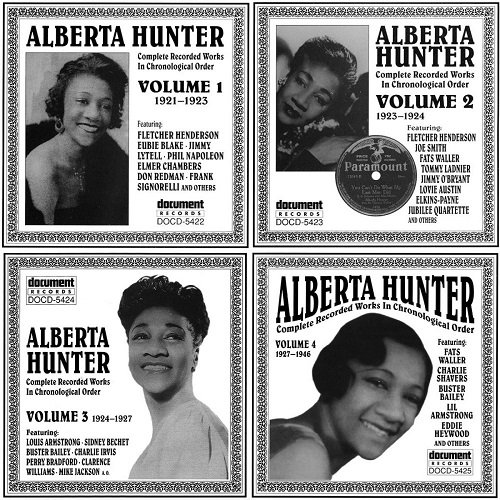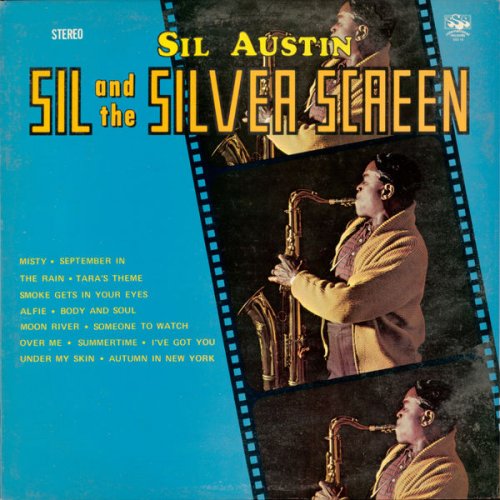John Zorn - Ipsissimus (2010)
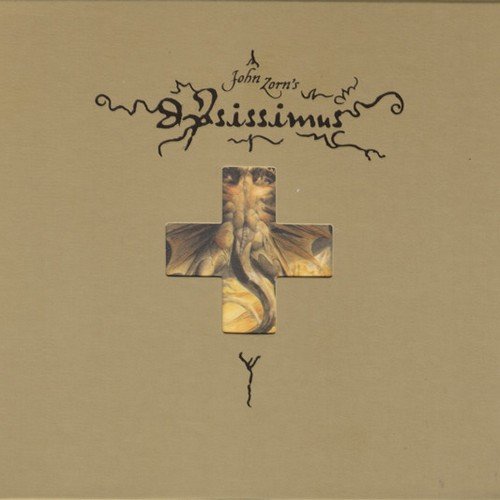
Artist: John Zorn
Title: Ipsissimus
Year Of Release: 2010
Label: Tzadik
Genre: Avant-garde, Jazz, Experimental
Quality: FLAC (tracks+.cue,log) / MP3 320 Kbps
Total Time: 49:18
Total Size: 360 mb / 124 mb
WebSite: Album Preview
Tracklist: Title: Ipsissimus
Year Of Release: 2010
Label: Tzadik
Genre: Avant-garde, Jazz, Experimental
Quality: FLAC (tracks+.cue,log) / MP3 320 Kbps
Total Time: 49:18
Total Size: 360 mb / 124 mb
WebSite: Album Preview
01 - Seven Sigils
02 - The Book of Los
03 - Apparitions I
04 - Supplicant
05 - Tabula Smaragdina
06 - Apparitions II
07 - The Changeling
08 - Warlock
09 - Apparitions III
Personnel:
Joey Baron - drums
Trevor Dunn - bass
Mike Patton - voice
Marc Ribot - guitar
John Zorn - alto sax, piano
Ipsissimus is the fifth installment in John Zorn's Moonchild project -- which he began in 2006 -- dedicated to Antonin Artaud, Aleister Crowley, and Edgard Varèse, and the places where their works intersect his own aestehtic. The group was founded as a trio with vocalist Mike Patton, drummer Joey Baron, and bassist Trevor Dunn. On subsequent recordings, it was augmented in various ways, with Jamie Saft and Ikue Mori, as well as Zorn helping out on Six Litanies for Heliogabalus, for instance. Zorn appears here too, as does guitarist Marc Ribot. Moonchild is, at present, Zorn's most extreme music unit. He carefully writes for the group, but leaves room for them to improvisationally ratchet up the intensity to bone-shaking levels.That said, this is also what makes Ipsissimus such a curious offering. Containing nine compositions, the album is made up of duos, trios, and quartets. While there are the usual moments of innovative and controlled jazz-rock-classical intensity -- the opening "Seven Sigils" has the trio interacting with Zorn, who appears at specific moments -- and the gorgeous "The Book of Los" (inspired by William Blake) is even more powerful, with Ribot replacing his saxophone in a more rockist (and raucous) manner. There are three numbered "Apparitions" sequenced at carefully delineated sections of the recording. All are trios without the presence of Patton or Zorn, and closely reflect the latter's card file method of composition-versus-improvisation. "The Changeling," between the duo of Dunn and Baron, is one of the more satisfying pieces here -- even if it is not one of the more imaginative -- because it displays in spades the intuitive dialogue between the players. "Warlock" moves from a ballad structure with intimate melodic work by Ribot and then gives way to an ensemble assault involving Dunn's overdriven, distorted bass, Patton's howling, and Baron's rim shot, cymbal, kick drum, double-time beat. This is an eclectic offering even by Moonchild's standards; one that feels far less focused and looser than anything else they've released. It bears many of Zorn's signature traits from the past without pointing a direct way forward. This is not a complaint, necessarily, but merely a new way to encounter the familiar.
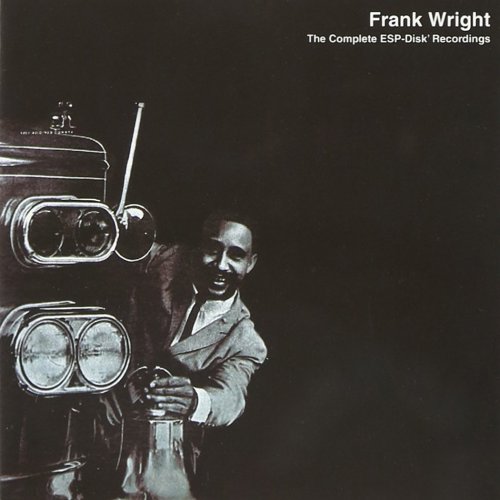
![Somewhere Soul - Somewhere Soul Rituals Volume 01 (2025) [Hi-Res] Somewhere Soul - Somewhere Soul Rituals Volume 01 (2025) [Hi-Res]](https://www.dibpic.com/uploads/posts/2025-07/1753430211_a3271889139_10.jpg)
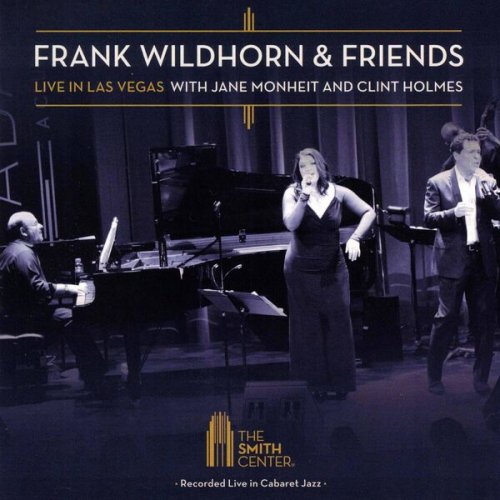
![Ken McIntyre & Eric Dolphy - Looking Ahead (Remastered 2025) (1961) [Hi-Res] Ken McIntyre & Eric Dolphy - Looking Ahead (Remastered 2025) (1961) [Hi-Res]](https://www.dibpic.com/uploads/posts/2025-07/1753380819_cover.jpg)
![Ruben Blades - Maestra Vida: Segunda Parte (Remastered 2025) (2025) [Hi-Res] Ruben Blades - Maestra Vida: Segunda Parte (Remastered 2025) (2025) [Hi-Res]](https://www.dibpic.com/uploads/posts/2025-07/1753360365_do2h0f6eoumhc_600.jpg)

